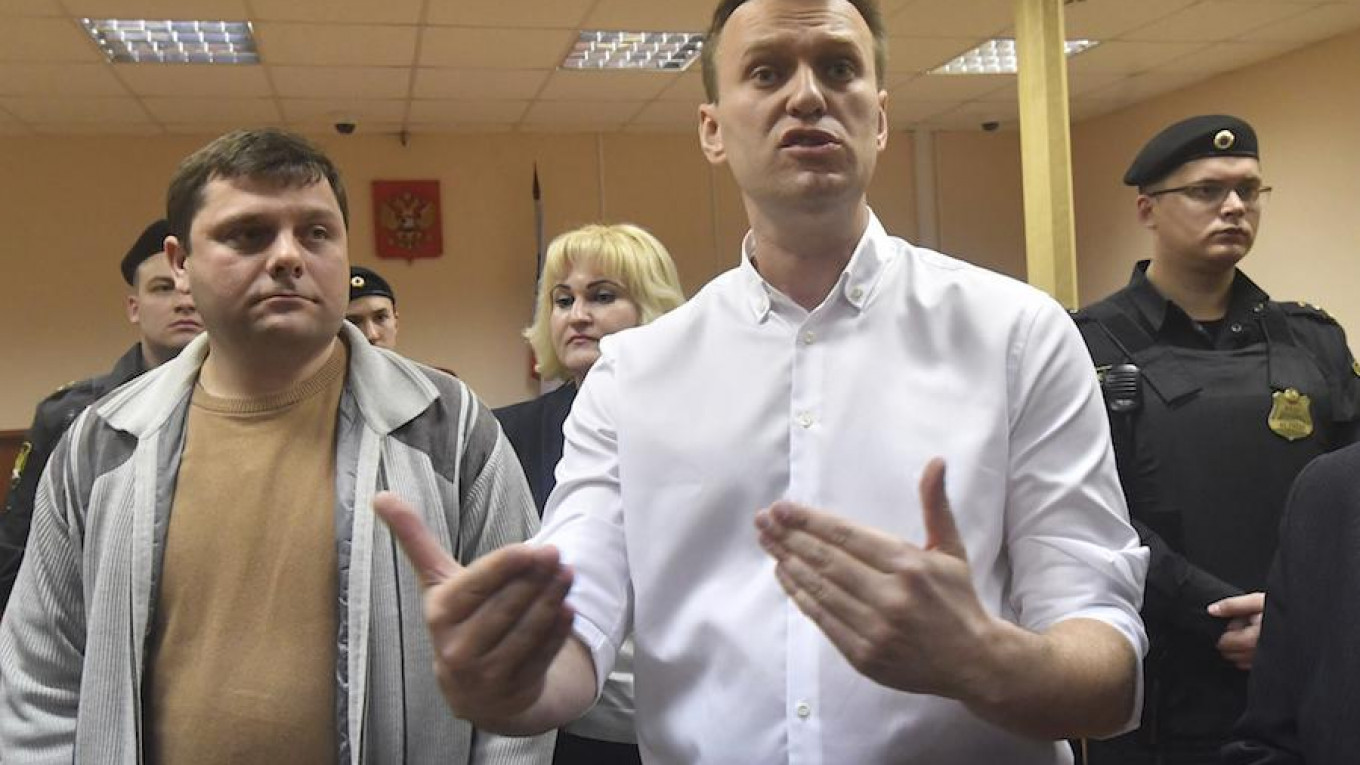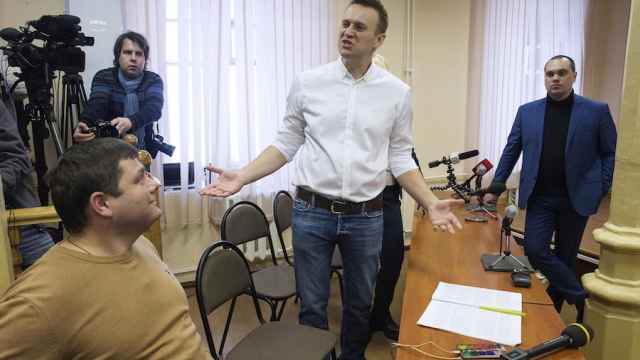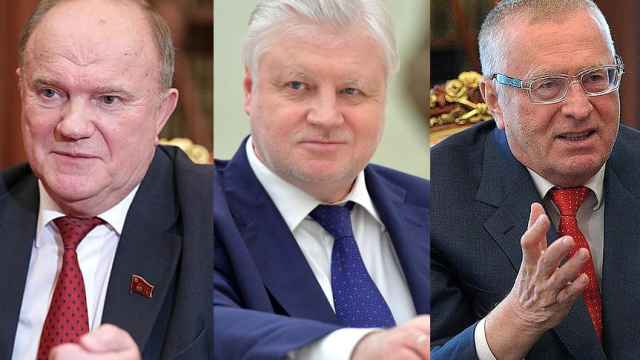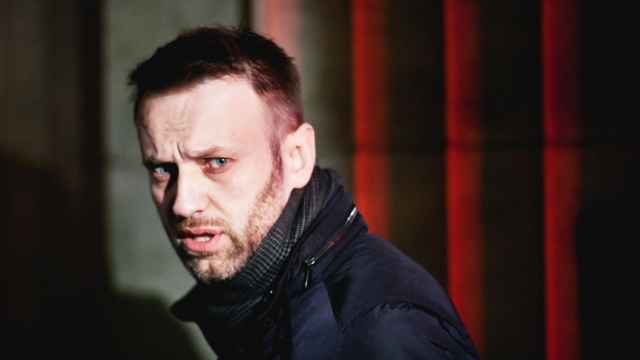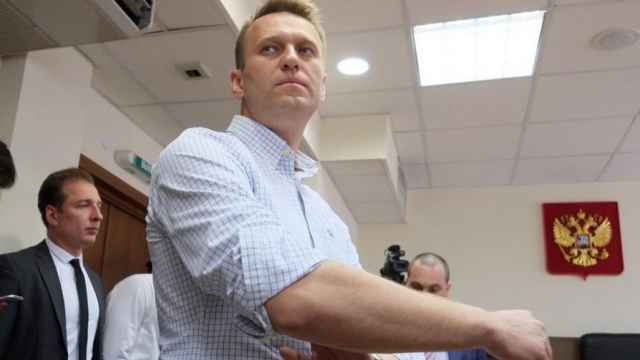Opposition politician and presidential candidate Alexei Navalny has been handed down a new conviction – a five-year suspended sentence.
His lasting impact on Russia’s political sphere remains to be seen, but in the history of jurisprudence, he has already entered the record books. As a defendant, he has unwittingly enriched Russia’s legal canon with unwritten rules that deserve to be dubbed “Navalny laws” – even if they are applied to other citizens.
If Navalny remains silent and submissively climbs into the paddy wagon while he is being detained, it qualifies as “disobeying a law enforcement officer” and wins him 15 days in jail.
But if an eyewitness records these events with a video camera, the judge must rely – not on the obviously fabricated video – but on the unquestionably impartial testimony of police officers.
If Navalny, or someone else “under his criminal guidance,” buys something for, say, 14 million rubles, and later sells it for 16 million, that is not “free trade.” It’s a case of theft and embezzlement (even though free trade is based on the principle of “buying low and selling high”).
What’s more, the offending sum is calculated not by simple subtraction. It’s based on the investigator’s sense of justice. And the investigator is convinced that if Navalny has any money at all, it can only be stolen money.
True, some lawyers now argue that the problem is not with Navalny, but with the Criminal Code that allows the authorities to interpret almost any commercial transaction as theft. But for some reason, almost no one raised this issue before the Kirov Lumber and Yves Rocher lawsuits against Navalny.
If Navalny or one of his associates is the defendant in a case and one of their alleged victims testifies that, in fact, he did not suffer any loss, investigators and judges have no choice but to discount their words. Their high sense of justice outweighs the basic principles of management and accounting.
Finally, the most recent “law.” If – God forbid – the Supreme Court upholds a ruling of the European Court of Human Rights and annuls a guilty verdict against Navalny, that doesn’t mean the case will actually go up for retrial.
It is enough to simply reiterate the previous indictment and copy the previous sentence word for word. The Strasbourg court will probably deem that a profanation and demand justice. But by the time the Navalny case comes around for a third time, Russia’s presidential elections will have already been held – uneventfully – and without Alexei Navalny.
A Message from The Moscow Times:
Dear readers,
We are facing unprecedented challenges. Russia's Prosecutor General's Office has designated The Moscow Times as an "undesirable" organization, criminalizing our work and putting our staff at risk of prosecution. This follows our earlier unjust labeling as a "foreign agent."
These actions are direct attempts to silence independent journalism in Russia. The authorities claim our work "discredits the decisions of the Russian leadership." We see things differently: we strive to provide accurate, unbiased reporting on Russia.
We, the journalists of The Moscow Times, refuse to be silenced. But to continue our work, we need your help.
Your support, no matter how small, makes a world of difference. If you can, please support us monthly starting from just $2. It's quick to set up, and every contribution makes a significant impact.
By supporting The Moscow Times, you're defending open, independent journalism in the face of repression. Thank you for standing with us.
Remind me later.


